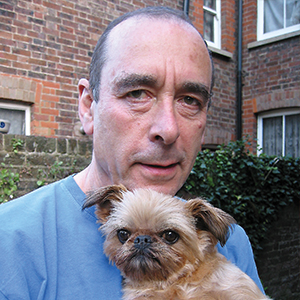A LEADING Catholic ethicist has warned that a new technique for growing human organs by implanting human-animal chimera embryos into mammals could create a part-human hybrid.
This week scientists in the United States implanted the embryos into more than 50 sheep and pigs to grow functioning human body parts. It comes as the Government prepares to announce in the next few weeks its clarifications to guidelines on similar research in the United Kingdom. The process could help make up the current shortfall of organs for transplant.
The technique involves genetically removing organ cells from an animal embryo and then inserting human stem cells in the hope a human version of the organ will develop. So far the trials have been allowed to proceed for just a few days.
David Jones, the director of the Anscombe Bioethics Centre, a Catholic academic institute that considers the moral questions raised by research, said that the process almost certainly used stem cells obtained from human embryos, something the Church prohibits.
He went on: “The problem with mixing human stem cells at a very early embryonic stage is that it could get quite human. Mixing human stem cells with an animal, depending on how they do it, has a real potential for creating something which is part human. However much they let it develop there is a danger of a creature to which you might want to give some status – and certainly you should not have produced in the first place.
“There could be forms of animal-human chimera which would be very human indeed. Even if it does not go very far there is a question about whether this is a modified animal or a modified human. The earlier you do it and the more you involve early embryos, the more possibility there is of more radical kinds of combination and ones where one might be uneasy about the possibility of ‘human-ness’.”
The Church teaches that some combining of animal and human tissue can sometimes be ethical.
Andrew Tyler, director of the charity Animal Aid, described the experiments as “the worst kind of medical adventurism” and Dr Julia Baines, science policy adviser to the animal rights group, People for the Ethical Treatment of Animals, described the research as “Frankenscience”.
14 January 2016, The Tablet
Ethical concerns over ‘Frankenscience’ hybrids
 Loading ...
Loading ...
Get Instant Access
Subscribe to The Tablet for just £7.99
Subscribe today to take advantage of our introductory offers and enjoy 30 days' access for just £7.99



